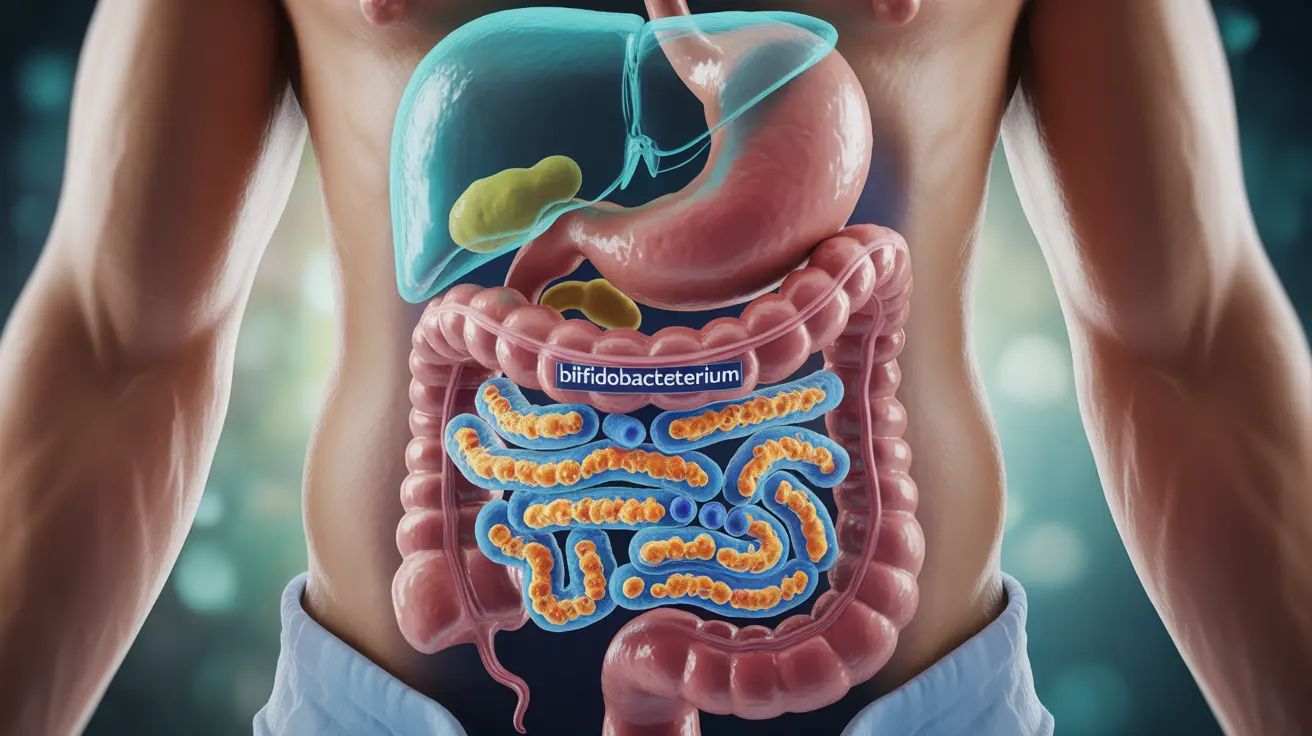Taking antibiotics can significantly impact your gut microbiome, leading many healthcare providers to recommend probiotic supplements during and after antibiotic treatment. Understanding how long to take probiotics after antibiotics is crucial for maintaining optimal gut health and preventing potential complications.
In this comprehensive guide, we'll explore the timing, benefits, and considerations of probiotic supplementation following antibiotic therapy, helping you make informed decisions about your digestive health.
Understanding the Impact of Antibiotics on Gut Health
Antibiotics, while essential for fighting bacterial infections, can disrupt the delicate balance of beneficial bacteria in your digestive system. This disruption can lead to various side effects, including diarrhea, bloating, and increased susceptibility to harmful bacteria.
The recovery of your gut microbiome after antibiotic treatment is a gradual process that can take weeks or even months without intervention. This is why many healthcare professionals recommend probiotic supplementation to help restore bacterial balance more quickly.
Optimal Timing for Probiotic Supplementation
During Antibiotic Treatment
- Take probiotics at least 2-3 hours apart from your antibiotic dose
- Choose a high-quality probiotic supplement with multiple bacterial strains
- Maintain consistent probiotic intake throughout the course of antibiotics
After Completing Antibiotics
Most healthcare providers recommend continuing probiotics for at least 1-2 weeks after finishing antibiotics. However, some situations may require longer supplementation periods, particularly if you experience ongoing digestive issues or have a history of gut health problems.
Choosing the Right Probiotic Supplement
- Colony-forming units (CFUs): Look for products with at least 10-20 billion CFUs
- Strain diversity: Choose supplements containing multiple bacterial strains
- Quality and storage requirements: Select reputable brands with proper storage guidelines
- Shelf stability: Ensure the product remains viable throughout its use
Supporting Natural Gut Recovery
- Consume fermented foods like yogurt, kefir, and sauerkraut
- Eat plenty of fiber-rich foods to support beneficial bacteria
- Stay hydrated
- Minimize processed foods and added sugars
- Consider prebiotic foods to nourish beneficial bacteria
Monitoring Your Progress
- Regular bowel movements
- Reduced bloating and gas
- Improved digestion
- Better energy levels
- Stronger immune function
Frequently Asked Questions
How long should I take probiotics after finishing a course of antibiotics? Most experts recommend taking probiotics for at least 1-2 weeks after completing antibiotics, though some individuals may benefit from longer supplementation based on their specific health needs.
Can taking probiotics after antibiotics delay the natural recovery of gut bacteria? Current research suggests that probiotic supplementation typically supports rather than hinders natural gut flora recovery. However, individual responses can vary, and it's important to monitor your body's reaction.
When is the best time to start probiotics during or after antibiotic treatment? It's generally recommended to start probiotics at the beginning of antibiotic treatment, taking them at least 2-3 hours apart from your antibiotic dose.
What are the benefits and risks of taking probiotics with antibiotics? Benefits include reduced risk of antibiotic-associated diarrhea and faster gut flora recovery. Risks are minimal but may include temporary bloating or digestive discomfort in some individuals.
Are there better alternatives than probiotics to restore gut health after antibiotics? While probiotics are effective, a comprehensive approach including fermented foods, prebiotics, and a balanced diet rich in fiber can complement or sometimes replace probiotic supplements, depending on individual needs.
Remember to consult with your healthcare provider about the most appropriate probiotic supplementation strategy for your specific situation, as individual needs can vary based on health status and the type of antibiotic prescribed.




